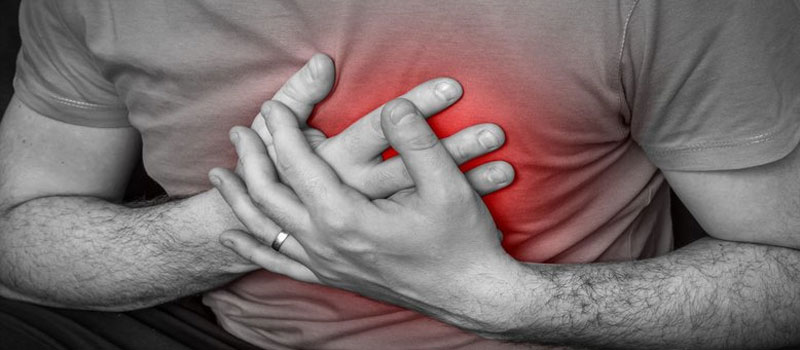It basically occurs when a coronary artery becomes suddenly blocked, stopping the flow of blood to the heart muscle and damaging it and it is fatal if the person does not receive the proper medical care before it is too late. What is exactly to do in the case of having an attack, relies on two points, Point one is realizing the symptoms early enough to have a suitable time window to move and point two is to be familiarized with the procedure or what steps to do.
The most common symptoms:
Pressure, tightness, or a squeezing or excruciating aching pain sensation in the chest or arms that may spread to the neck, jaw or back. Moreover, both arms may feel numb. You might also experience nausea, indigestion, center chest burn or abdominal pain, especially adult females. Shortness of breath Cold sweat, fatigue Lightheadedness or sudden dizziness, and lack of both of stability and balance. Moreover, many women have reported that they also suffer from upper abdominal pain.
What to do if you or someone with you feel those symptoms and before the sense of impending doom becomes overwhelming?
- Call the emergency number reporting your specific condition clearly.
- Do not neglect or be stubborn or even tolerate the symptoms, it is not a tolerance test.
- If there is no access to emergency medical services, do not drive ask someone to drive you to the nearest hospital or contact the treating cardiologist.
- Chew and swallow an aspirin, unless you are allergic to aspirin or have been told by your doctor never to take aspirin. Aspirin is known for its known that if you take a normal dose of aspirin (325 milligrams) if you have one on hand. Aspirin works by slowing the blood’s ability to clot. During a heart attack, Aspirin slows blood clotting and minimizes the size of the blood clots that might have formed.
- Lay down and relax and try to breathe slowly.
- Begin CPR if the person is unconscious. If you’re with a person who is unconscious, tell the emergency medical specialist. You may be advised to begin cardiopulmonary resuscitation (CPR). If you haven’t received CPR training, doctors recommend performing only chest compressions. If an automated external defibrillator (AED) is immediately available and the person is unconscious, follow the device instructions for using it.
In Dubai always keep an eye for the fast moving life style might lead to cardio relevant conditions and stress could lead to an attack which could kill a person with in the first hour of the first symptom. Always keep German Heart Centre in Dubai on your emergency dialing list, and take a step ahead and at the faintest relating symptom opt for an appointment with the best cardiovascular Cardiac – Thoracic and Vascular Surgeon in the UAE, Professor Dr. Uwe Klima.

